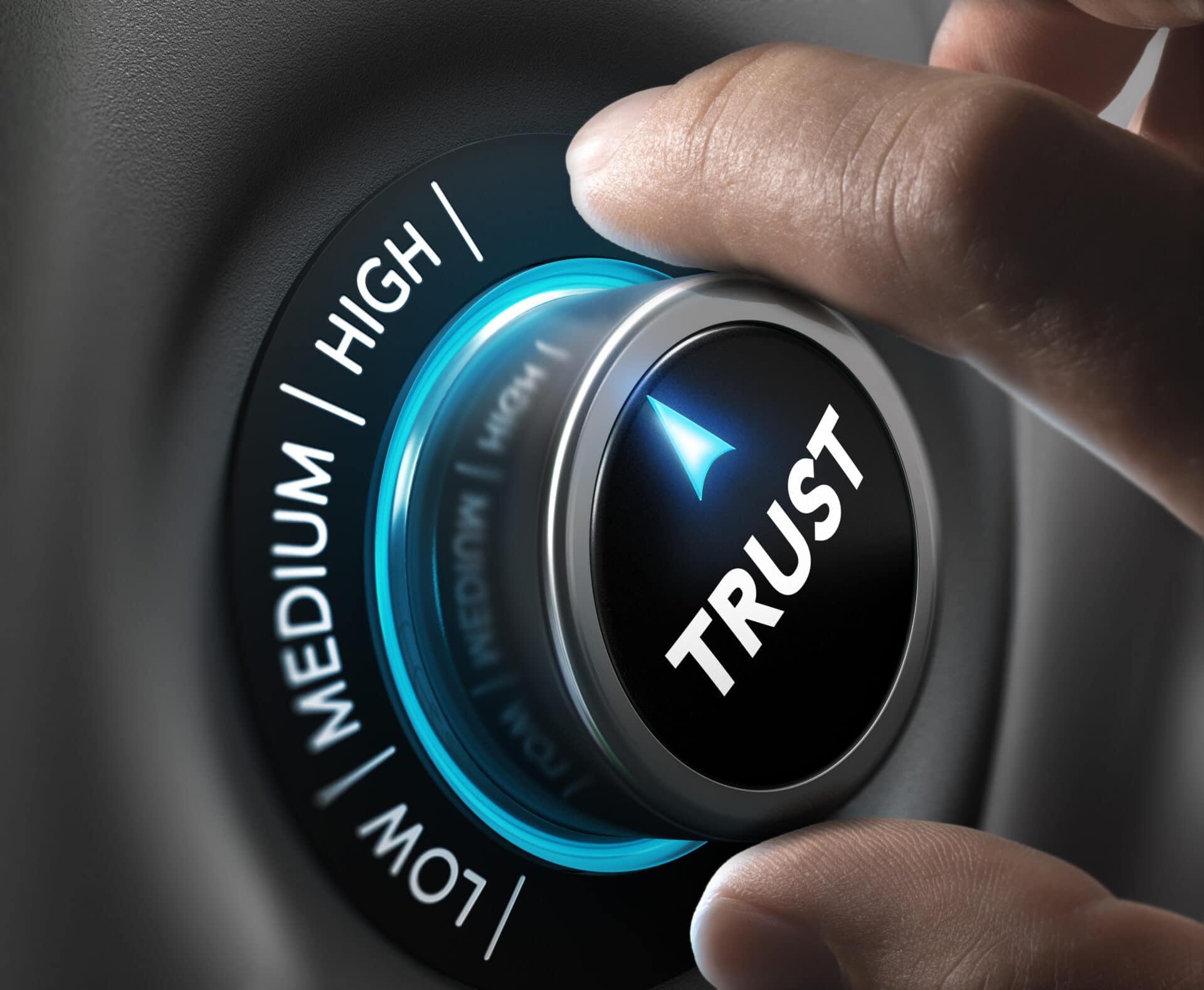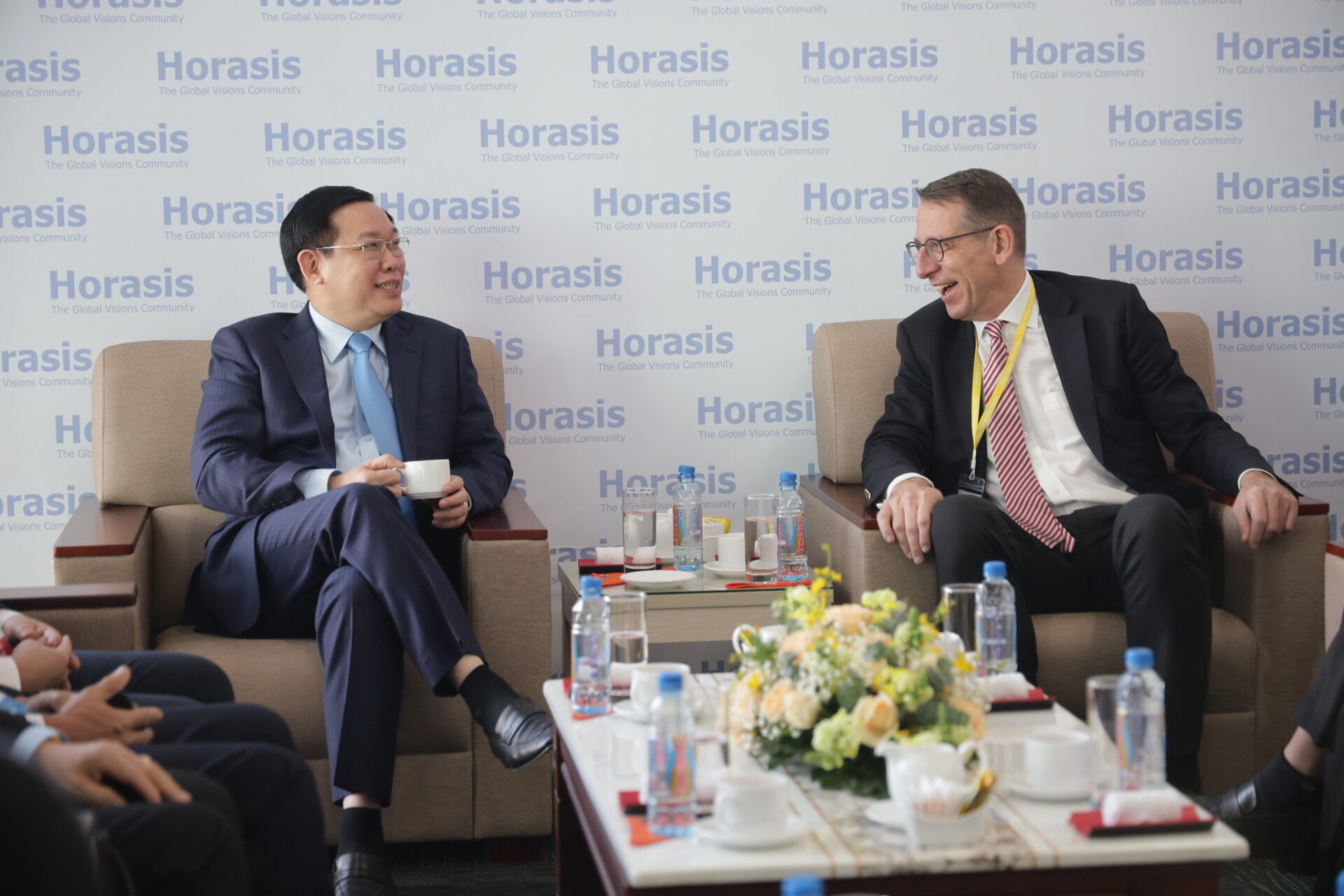How to Develop a Culture of Trust in Your Organization
The following is adapted from the book ‘Beyond Corporate Governance’.
Trust is key to all human relationships. It can be understood either as reliability or confidence. To rely on somebody means to believe in their character, knowledge, expertise or ability. Confidence is the belief that someone will follow up his or her word with actions.
In literature, a lot has been written about mistrust, disputes and conflicts. However, there does not seem to be much information on how trust can be repaired once it is broken. Undoubtedly, mistrust harms relationships and teamwork, and it can destroy morale. Mistrust can endure a long time and even span generations.
It is not easy for highly competitive executives to build trust. Therefore, trust can be looked at as a rare commodity in a lot of organizations. Trust is the glue that holds relationships together. Openness, transparency, active and deep listening, good communication, competence, credibility, fairness, support, and mutual respect build the foundations for trust.
Trust is delicate. It can be broken in an instant. Although repairing trust is highly time- and energy-intensive, small steps can help. The restoration process requires patience, time, energy and effort. Therefore, it is of supreme importance to care about and cultivate trust. But it is a mutual responsibility. Regardless of the time, energy and effort spent, the utmost goal for a company should be to build a reputation for trust and trustworthiness.
Behaviors, Actions and Strategies to Help Build Trust
If it is nurtured, trust strongly contributes to constructive conflict resolution which, in turn supports genuine commitment, which, in turn, increases mutual accountability. Chances for people to trust each other are highly increased if they better know each other and understand each other’s competencies and leadership styles.
Which behaviors, actions and strategies can help build trust?
- Consistent behavior: to increase credibility and predictability, it is important that leaders behave consistently on an ongoing basis.
- Integrity: leaders need to act upon their words.
- Shared and delegated control: leaders must include their subordinates in decision-making processes.
- Communication: this should involve accurate and timely information, transparency and openness, and explanations for decisions (taken or to be taken).
- Addressing of concerns: good leaders protect their employees’ interests and do not get involved in exploitative actions.
- Vision: it is important for leaders to create and communicate a shared vision and collective values.
Trust-building is even more important, although more difficult, in today’s virtual world that brings forth increasing numbers of virtual teams. It is rare today that leaders work face-to-face with all their team members, which forces them to rely on different virtual communication channels. Team members display a broad range of disciplines, cultures and experiences, which makes both clarity of communication and mutual understanding more difficult.
It is not social media but personal contact and communication that helps build trust. Only if this higher degree of trust is established can collaboration among different people in different geographies be effective. In the absence of trust, teams do not function well, and virtual teams even less so or not at all.
In addition, in the absence of trust, knowledge management projects cannot be(come) successful. Knowledge is closely linked with power and thus sharing gets more difficult. But when there is a certain level of trust, people are incentivized to share. Therefore, knowledge management projects cannot be focused on data and data banks and leave out the human element. It ultimately lies with people to acquire, increase, distribute, manage, but also manipulate knowledge. Hence, good knowledge management is best if organizations create a culture of trust and make people understand the advantages of sharing knowledge.
It is essential that leaders and employees are allowed and able to show emotions and that doing so does not negatively impact their careers. It is crucial for leaders to understand the meaning of the elements of trust but also to know how it feels to be a subordinate.
Berkshire Hathaway
Berkshire Hathaway is mainly known as an investment company and not as a company that has grown beyond its core operations. The corporation has invested time and energy in establishing a structure by which its entities are led. First of all, it is highly decentralized and second, it grants a high degree of autonomy to the managers of its subsidiaries.
Warren Buffett (chairperson, president and CEO of the American multinational conglomerate) stated that in order to establish a seamless web of deserved trust, he gives each manager the following simple mission: S/he should run his or her business as if:
- s/he is the 100% owner;
- the business is the one and only asset that s/he owns or will ever own;
- s/he could not sell or merge it for at least the following 100 years.
This seamless net of trust provides the corporation with the advantage of keeping a highly modest number of only 24 headquarters staff, despite its 288,000 employees around the world. The culture of the company is most often described as honest (absolutely crucial for the company’s operations), having integrity, long-term oriented, and focused on caring for customers.
“Few things can help an individual more than to place responsibility on him, and to let him know that you trust him.” (Booker T. Washington)
Finding the Right Balance
Trust can be described as having certainty about someone else’s actions. Much research and literature claims that relationships that are built on trust show higher productivity than ones build on contracts. The advantages of trust over contracts can be summarized as follows:
- No contract is able to describe all possible behaviors. Trusting relationships, however, support the mutual understanding of all involved parties that there are limits to acceptable behavior even if these are not described in detail.
- A focus on contracts, for example by employees, can lead to a ‘work to rule’ mindset.
- Trust increases predictability, which decreases risk and costs (unpredictable behavior calls for a risk premium). Trustful relationships help each party understand and predict the others’ motivations, drivers and behavior so that the risk premium becomes obsolete.
Aside from Berkshire Hathaway, other companies have become known for their high-trust settings: Keller Williams with its open books policy, Netflix with its culture of freedom and responsibility that calls for hard work, the taking on of ownership and putting the company’s interests before personal ones. Establishing a culture of trust is vital for organizations who operate in high-risk fields, for instance hospitals, airlines, nuclear power plants or chemical companies. Examples include many small- to mid-sized companies, such as Victorinox, Skyguide and Southwest Airlines.
A corporate governance system that is based on trust might be more cost-effective than one that is focused on controls, rules and regulations because it requires less bureaucracy, simplified processes and procedures, and increased productivity. Realistically, however, corporate governance systems need both trust and rules. Seamlessly combining the two in a closely-knit net will facilitate the detection of early warning signs and fraudulent behavior; prevent or reduce conflicts; reduce costs; and increase trust, engagement and productivity.
Finding the right balance is key.
Two-time Amazon bestselling author, Isabelle Nüssli, is an international senior executive specializing in business strategy, change management, and corporate innovation. As the chief energizing officer of Leverage YourSelf AG and the co-founder/chairperson of Responsible Leadership AG, she coaches business leaders and startups in capitalizing on their full potential. Isabelle’s focus areas include navigating change and developing strong organizational dynamics at the individual level. She is the former chairperson of the NUSSLI Group. Isabelle holds master’s degrees from Kellogg School of Management at Northwestern University, INSEAD, and the University of St.Gallen.



